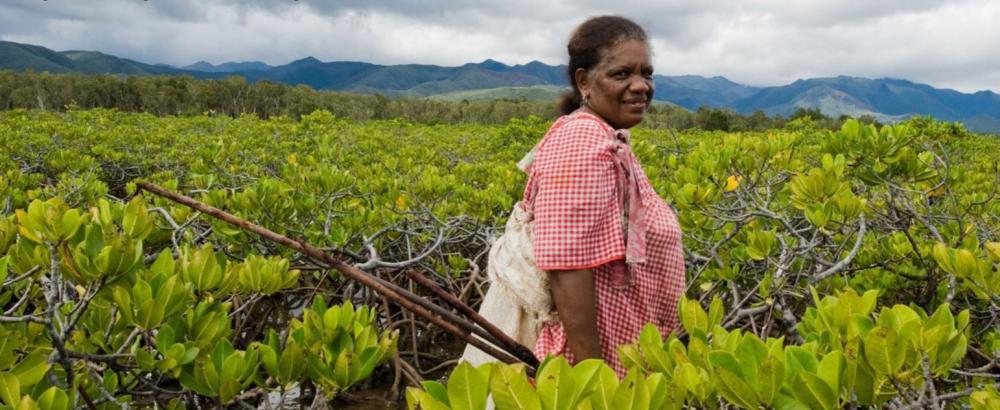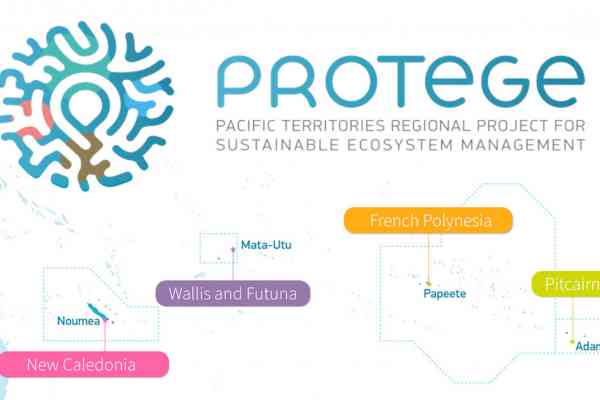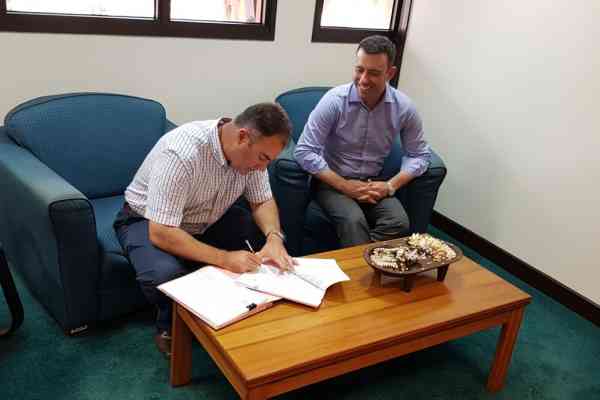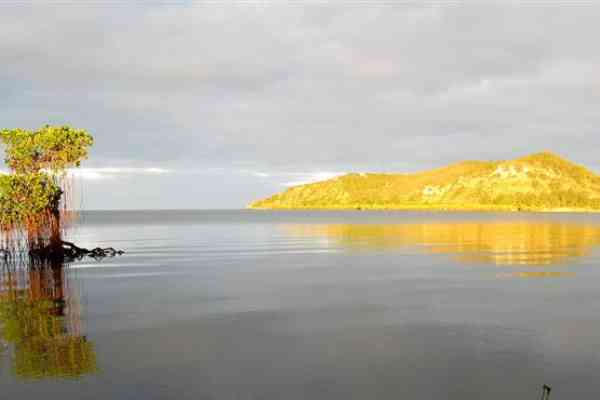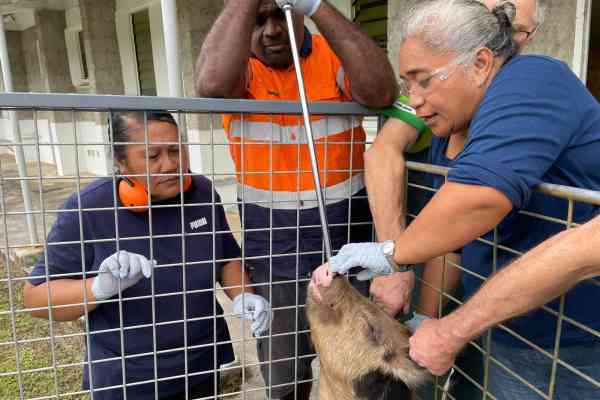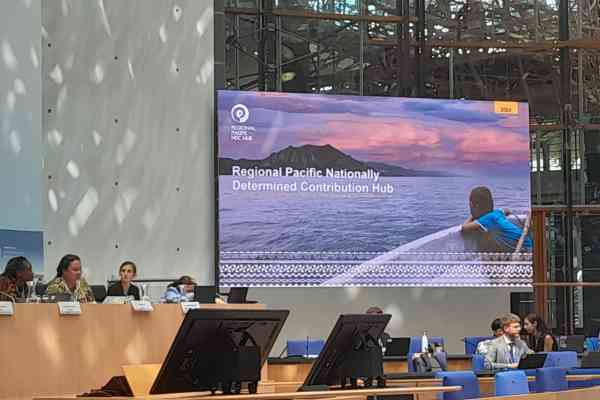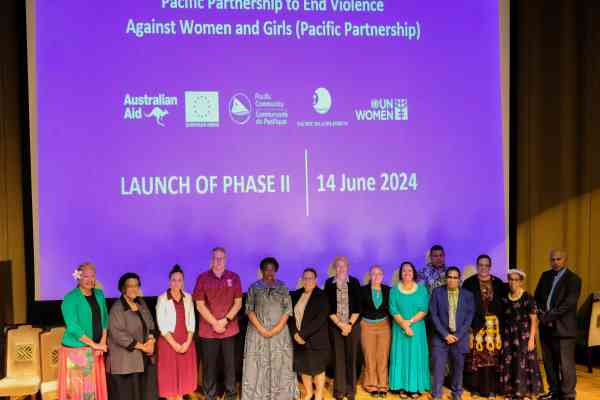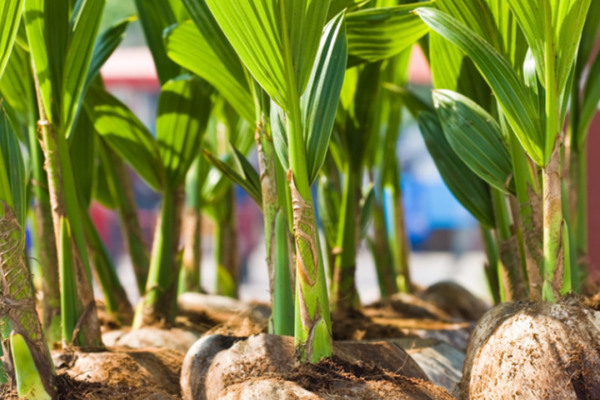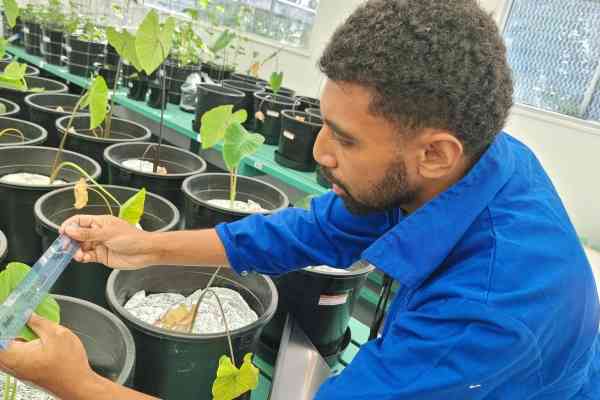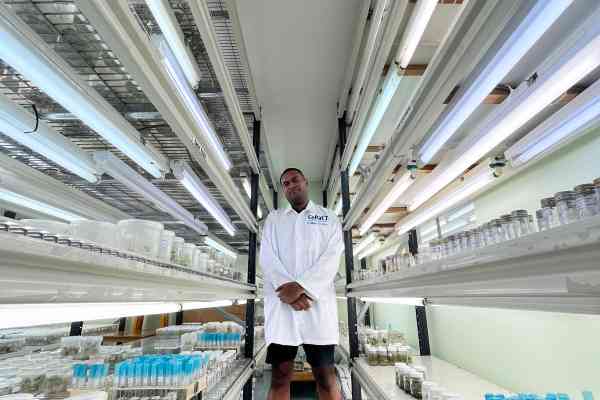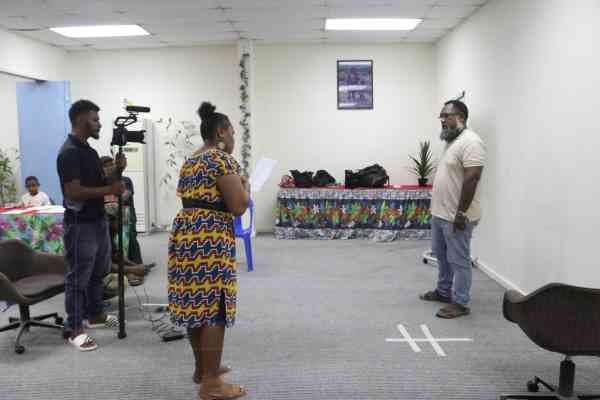Mangrove crab fishing in New Caledonia. (image: Matthieu Juncker)
Some of the main characteristics of Pacific Island countries and territories include high population growth rates, increasing urbanisation, significant economic reliance on national-government transfers, and difficulties in creating economic sectors. The natural ecosystems of the Pacific Islands region provide essential services that support countries’ economies, and offer economically viable solutions for addressing climate-resilient development issues. Local communities continue to rely heavily on the quality of both their resources and natural environments, which provide their livelihoods and are vehicles for their social and cultural well-being and identities.
Building sustainable development and climate-resilient economies in French overseas countries and territories (OCTs) by focusing on biodiversity and renewable resources will be the main goal of a new project, named PROTEGE – which stands for the ‘Projet régional océanien des territoires pour la gestion durable des écosystèmes’ (in English: Pacific Territories Regional Project for Sustainable Ecosystem Management).
PROTEGE has a total budget of EUR 36 million, and has two main objectives: strengthening key primary sectors’ sustainability, climate-change adaptation and autonomy; and enhancing ecosystem-service security by protecting water resources and biodiversity.
PROTEGE comes under the 11th regional European Development Fund (EDF). A four-year agreement was signed last October between the European Union and the Pacific Community. The project will operate in Wallis and Futuna, New Caledonia, French Polynesia and Pitcairn.
For more information:
Please contact Peggy Roudaut, Project Manager, PROTEGE, SPC | [email protected]
